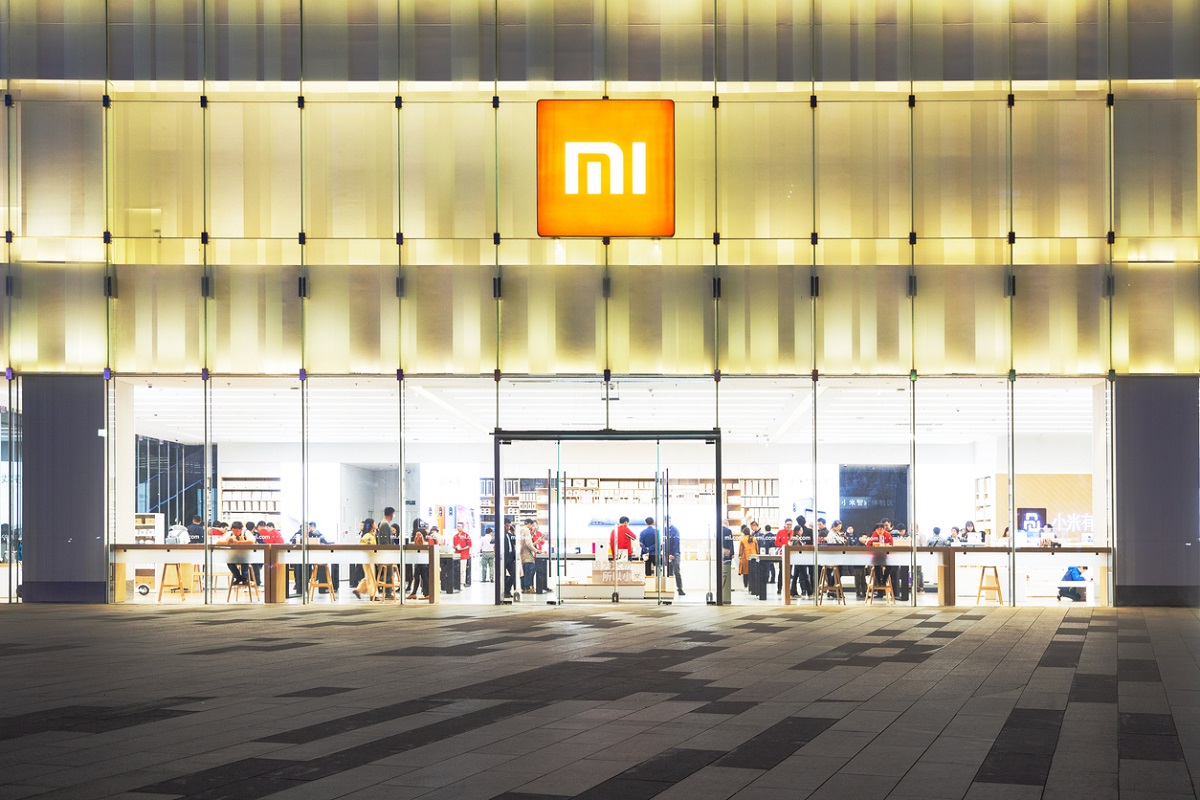Lost art of waiting
In our hyper-connected world, waiting is increasingly seen as a flaw in the system rather than an inevitable part of life.
According to Muralikrishnan B, president at Xiaomi India, around 35 per cent of the non-semiconductor bill of materials (BoM) for smartphones is currently being locally sourced.

(Representational Image; Source: iStock)
Smartphone company Xiaomi on Tuesday said it aims to source at least 55 per cent of its components locally in India, which aligns with the government’s ‘Make in India’ initiative — as the company completed 10 years in the country.
According to Muralikrishnan B, president at Xiaomi India, around 35 per cent of the non-semiconductor bill of materials (BoM) for smartphones is currently being locally sourced.
Advertisement
He said that over the next two year, the company aims to source 55 per cent of the non-semiconductor BoM or components locally.
Advertisement
The company on Tuesday showcased ‘SU7 Max’, the company’s first EV luxury sports sedan positioned as a “full-size high-performance eco-technology sedan” that pushes boundaries in performance, ecosystem integration, and the mobile smart space.
Xiaomi said it has developed five core EV technologies: E-Motor, CTB Integrated Battery, Xiaomi Die-Casting, Xiaomi Pilot Autonomous Driving, and Smart Cabin.
The Xiaomi SU7 Max features 673 ps of power as well as a maximum range of 800 km on a single charge.
The SU7 Max with 838 nm of torque can accelerate from a standstill to 100 km per hour in 2.78 seconds and tops out at 265 km/hour, claimed the company.
The car is also able to stop from 100 km/hour at a distance of just 33.3 metres, it added.
It is equipped with a comprehensive suite of 16 active safety features to provide 360-degree protection.
“The Xiaomi SU7 was brought to India solely for showcase purposes. It is not for sale in the Indian market,” said the company.
Advertisement